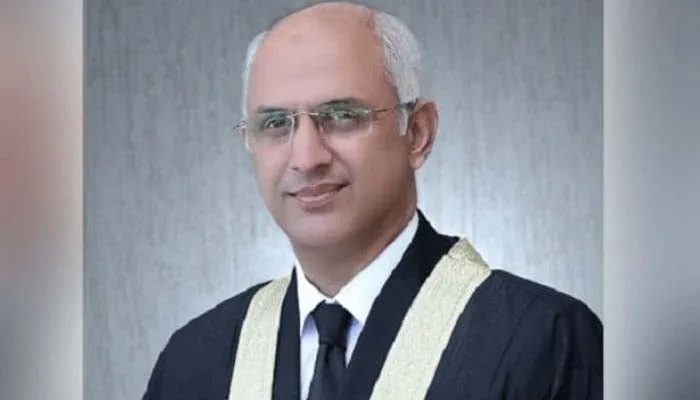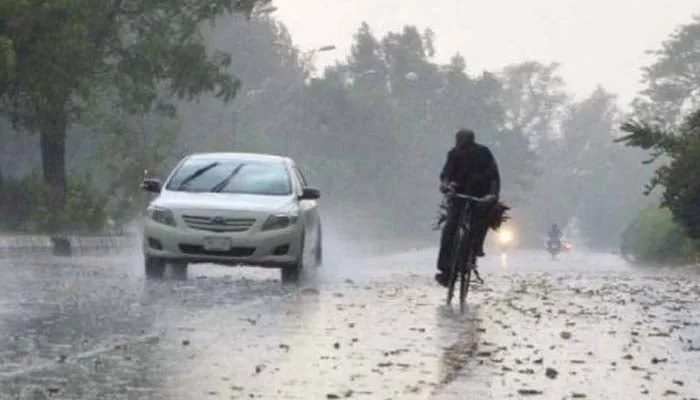In a recent hearing concerning the recovery of missing Baloch students, Justice Mohsin Akhtar Kayani of the Islamabad High Court expressed growing concerns about the increasing frequency of enforced disappearances. He noted a troubling trend where long-term disappearances are becoming short-term incidents.
The case, which focuses on implementing the recommendations of the commission on the recovery of Baloch students, saw the appearance of petitioner Advocate Iman Mazari, Additional Attorney General Manoor Dogal, and Acting Attorney General Usman Ghaman.
During the proceedings, Justice Kayani inquired about the activities of a committee formed to address the issue. This committee includes officials from the Inter-Services Intelligence (ISI), Military Intelligence (MI), Intelligence Bureau (IB), Counter Terrorism Department (CTD), and Federal Investigation Agency (FIA). He questioned whether the committee had made any progress.
In response, the Assistant Attorney General requested additional time, suggesting that the court revisit the matter after Eid. Justice Kayani, however, emphasized the urgency, stating, “Those who are missing should also celebrate Eid.”
Advocate Iman Mazari provided a poignant argument, highlighting discrepancies between official statements and the reality on the ground in Balochistan. She reported that new cases of missing persons had emerged since the last hearing. For instance, Anisur Rehman was reported missing from Khuzdar on June 5, with another student, Anisur Rehman, still unaccounted for while others have been recovered.
Justice Kayani echoed the concerns raised by Mazari, acknowledging that long-term disappearances are now manifesting as short-term cases. He posed a critical question about whether policymakers had considered the increasing resentment against the state caused by these disappearances. “There must be terrorists among them,” he said, “but whatever has to happen has to be according to the law.”
Iman Mazari pointed out a disturbing pattern where individuals first disappear and are later handed over to the CTD, a trend that is becoming widespread across the country. This practice, she argued, only exacerbates the issue.
Justice Kayani agreed, emphasizing that such actions breed hatred against the state. He remarked that while the courts have primarily focused on the recovery of missing persons, there has been little progress beyond this point.
The hearing underscored the critical need for legal adherence and transparency in handling cases of enforced disappearances. The involvement of high-ranking intelligence and law enforcement officials in the committee signifies the gravity of the situation and the necessity for a concerted effort to address it.
This case brings to light the broader issue of enforced disappearances in Pakistan, particularly in regions like Balochistan, where there has been a longstanding history of such incidents. The court’s insistence on timely action and transparency reflects an acknowledgment of the profound impact these disappearances have on public trust and the rule of law.
The statements by Justice Kayani and Advocate Mazari highlight the urgent need for a legal and humane approach to addressing the problem of enforced disappearances. The implications of these actions, as discussed in the court, point to a critical juncture in the country’s efforts to balance security concerns with human rights and legal accountability.
As the committee continues its work, the case will likely remain under close scrutiny, with the hope that it leads to meaningful changes in policy and practice, ensuring that all actions are conducted within the framework of the law and with respect for human rights.



